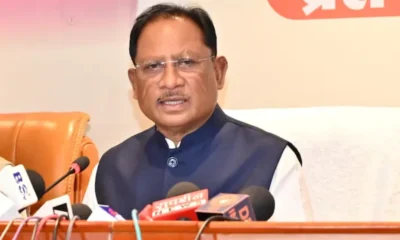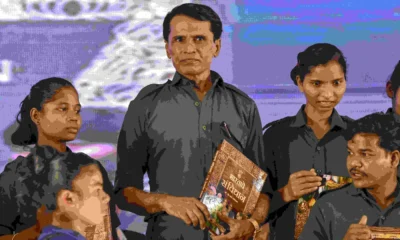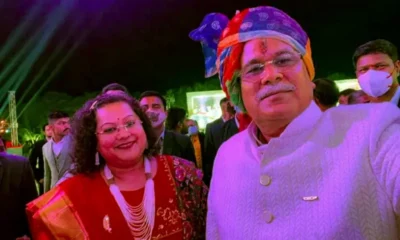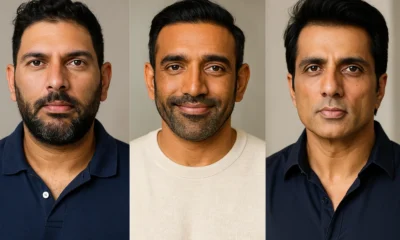Latest Politics News
Political Games
Two Delhi ministers, including the then Deputy Chief Minister Manish Sisodia, are in jail courtesy the Enforcement Directorate in the alleged liquor scam for which the agency has not produced a shred of evidence. Several Congressmen in Maharashtra, West Bengal, Karnataka, Jharkhand and Andhra Pradesh, etc, have changed sides fearing ED raids and exposure, but there is one state and its Congress leadership targeted by the ED for the past two years which has remained steadfastly beyond its tentacles. Chhattisgarh and its chief minister Bhupesh Baghel are living examples of how to beat the ED and still manage to win
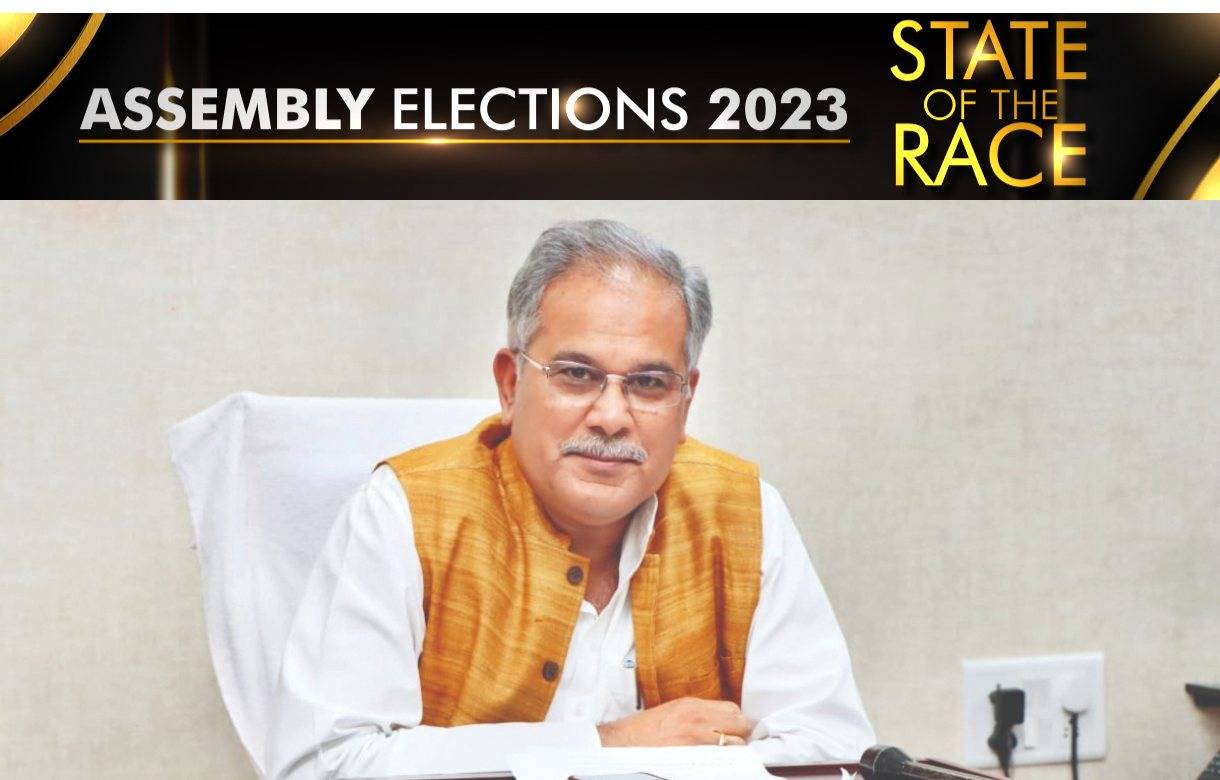
India News
Ajit Pawar’s son seeks detailed probe into Baramati plane crash
Jay Pawar has demanded a comprehensive probe and action against the aviation firm after the Baramati plane crash that killed Ajit Pawar and four others.
India News
PM Modi sends congratulatory letter to Tarique Rahman after swearing-in
Lok Sabha Speaker Om Birla handed over Prime Minister Narendra Modi’s congratulatory letter to Bangladesh Prime Minister Tarique Rahman following his swearing-in and extended an invitation to visit India.
India News
Navjot Kaur Sidhu says Rahul Gandhi disconnected from ground realities
Navjot Kaur Sidhu criticises Rahul Gandhi after exiting Congress, alleging corruption in the Punjab unit and predicting defeat in upcoming state elections.
-

 Latest world news24 hours ago
Latest world news24 hours agoTrump says tariffs will replace income tax, criticises Supreme Court setback in key address
-

 Latest world news24 hours ago
Latest world news24 hours agoPM Modi to begin two-day Israel visit, defence and trade in focus
-

 India News24 hours ago
India News24 hours agoShashi Tharoor questions Centre over Kerala name change to Keralam
-

 India News15 hours ago
India News15 hours agoMK Stalin predicts frequent PM Modi visits to Tamil Nadu before assembly election
-

 Latest world news15 hours ago
Latest world news15 hours agoIndia eyes Rs 8,000 crore mid-air refuelling aircraft deal as PM Modi begins Israel visit
-

 Latest world news31 mins ago
Latest world news31 mins agoPM Modi reaffirms support for Israel, recalls 26/11 victims in Knesset address
-

 Latest world news22 mins ago
Latest world news22 mins agoCanada softens stance on alleged Indian interference ahead of PM Carney’s India visit
-

 India News11 mins ago
India News11 mins agoPM Modi crosses 100 million followers on Instagram, first world leader to achieve milestone





